The PSC Library is open M-W 8am-7:00pm and Th-F 8am-4:30pm. PSC Librarians are available through the "Chat Now" button or via email at librarians@prairiestate.edu.

The PSC library is open for the fall semester Monday-Friday from 8:00 - 4:30 PM. Reference chat will be available later, Monday-Thursday from 8-8. We will also be doing reserves for the first time since March 2020. Fill out this form and bring it to the library with your items to place them on reserve for one academic year.
Now that reserves are available again, you can always request items for your students to be held in the library. There is another way to make library materials available for your students, and that is by embedding them in your course content on D2L. Doing so is easy for both you and your students and works especially well for videos, allowing everything to be on one course module.
We have a research guide that walks you through the steps to add library content to your class. If you find yourself stuck, please reach out to Thane Montaner, who can help you to navigate the process.
Career Services and the library will be collaborating to bring a customized event to undecided PSC students. Inspired by Choose Your Own Adventure books, Terri Eakins and Valerie Moore will provide customized programming to help undecided students navigate the process of choosing a career. Terri will help students see what possibilities exist and then Valerie will show them what their actual coursework and research would look like on different paths.
Name your adventure: From College to Career will be held remotely on Wednesday, September 29th from 2:00 pm – 4:00 pm. Google Meet information is below:
Google Meet login: meet.google.com/fph-buva-zoy
Join by phone: (US) +1 617-675-4444 PIN: 278 671 218 3432#
In the meantime, the library has this transfer guide to help students think through different (career) adventures.
Librarians have long been trying to create rubrics, cheat sheets, and other strategies to help students sort good information from bad. For many years, a very common approach was a rubric called a CRAAP test, which is an acronym for:
Currency
Relevance
Authority
Accuracy
and Purpose
Students would fill out the rubric and then determine whether or not this item was worth their time. We’ve probably even done an instructional session with your students using a CRAAP test. The trouble is that this is already a dated paradigm. A sample rubric of the CRAAP test is below.
CRAAP Test. (2021, August 20). Retrieved August 26, 2021, from https://ucsd.libguides.com/preuss/webeval
CRAAP tests date from 2004, which was some time ago, especially in terms of the internet. At this time, we could search for information, read it, and then share it on a few limited channels. Now information has agency and it finds us, often across multiple platforms. This calls for a different framework entirely, and 2019 brought us the SIFT method, a shorter, and more thorough checklist to help students sort good information from bad. SIFT is an acronym for stop, investigate the source, find better coverage, and trace claims. SIFT introduces lateral reading to this process. The older CRAAP test walked students through investigating sources from the source itself. On the other hand, lateral reading is the process of investigating across the web to learn what other sources have to say about this piece of information. Many sources are biased in favor of themselves and lateral reading will cut through the biases that come from self-reporting. It will also provide multiple views on the source. SIFT is designed with Web 2.0 in mind, making it an improvement on CRAAP. An image of the SIFT method is below.
The SIFT Method. (2021, March 3). Retrieved August 26, 2021, from https://human.libretexts.org/@go/page/90211
There is an even more sophisticated approach, called “proactive evaluation,” by the authors of "Dismantling the Evaluation Framework.” The authors felt that while SIFT was an improvement over CRAAP, it was still a reactive process, rather than a proactive one. In Web 2.0, information itself has agency, necessitating the need for a proactive process. This method combined the best parts of SIFT (such as lateral reading) with the knowledge that information is networked and it finds the user- not the other way around. In proactive evaluation, questions on the rubric will be open-ended, rather than the closed questions on a CRAAP test. Importantly though, this method also gives students more agency; they are experts of their own knowledge rather than vessels to be filled by experts. An image of this rubric can be seen in the article.
What does all of this mean? It seems we are in a losing battle against mis/dis/and mal information. The CRAAP test served an important purpose to help students reason through resources. It has its place but doesn’t encourage further investigation such as lateral reading, like the SIFT method. While the SIFT method is a necessary adaptation of what came before, it doesn’t allow either the information or students much agency. Perhaps big problems like the spread of mis/dis/ and malinformation call for big solutions, like setting aside dated frameworks for new ones, or combining the best of methods like SIFT with more open-ended questions in proactive evaluation.
You can read more about proactive evaluation here:
Bull, A., MacMillan, and Alison Head (2021, July 21). Dismantling the Evaluation Framework. Retrieved from https://www.inthelibrarywiththeleadpipe.org/2021/dismantling-evaluation/
September 15th - October 15th is Hispanic Heritage Month. Enjoy this sampling of eBooks by Hispanic authors.
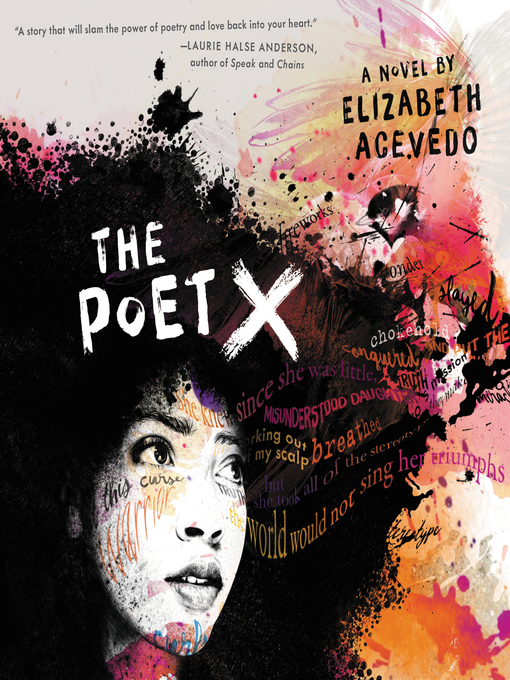 The Poet XElizabeth Acevedo |
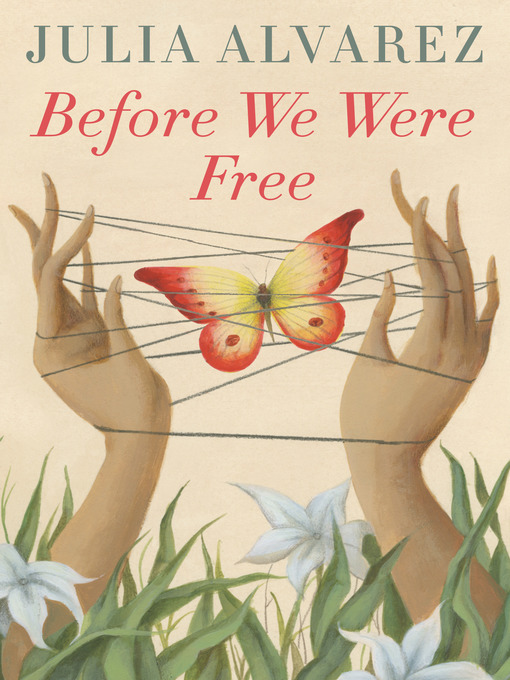 Before We Were FreeJulia Alvarez |
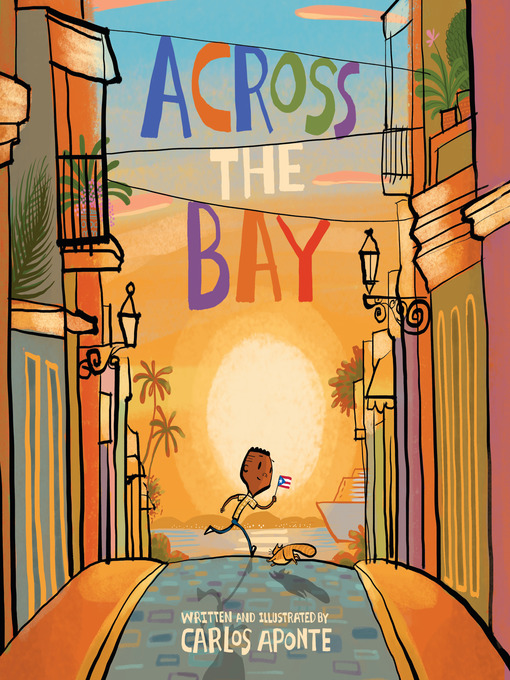 Across the BayCarlos Aponte |
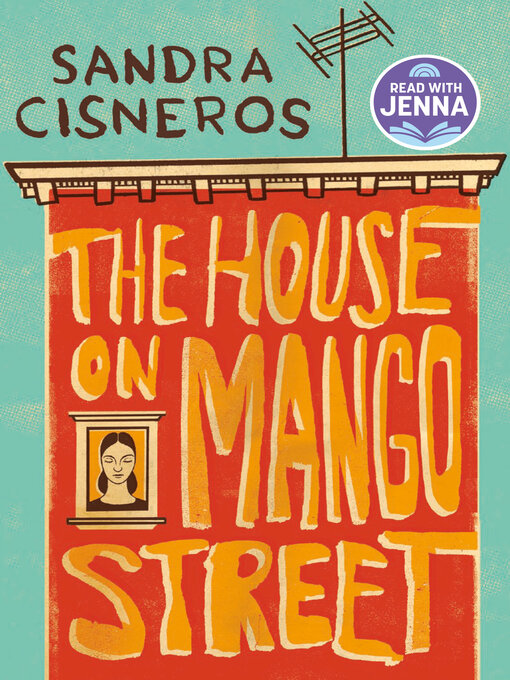 The House on Mango StreetSandra Cisneros |
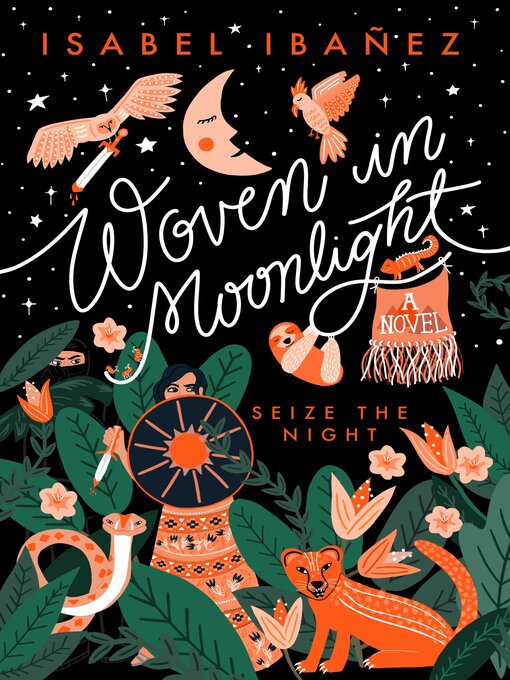 Woven in MoonlightIsabel Ibañez |
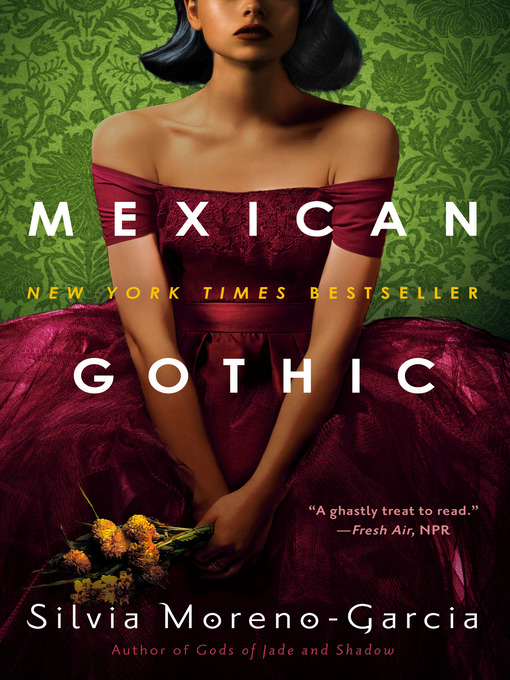 Mexican GothicSilvia Moreno-Garcia |
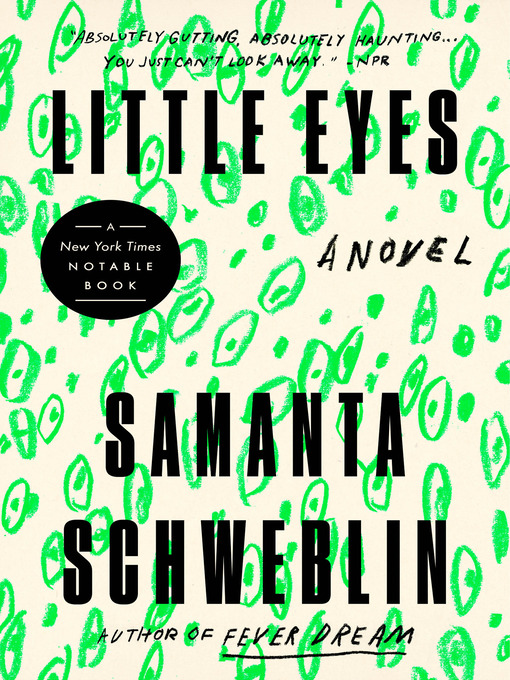 Little EyesSamanta Schweblin |
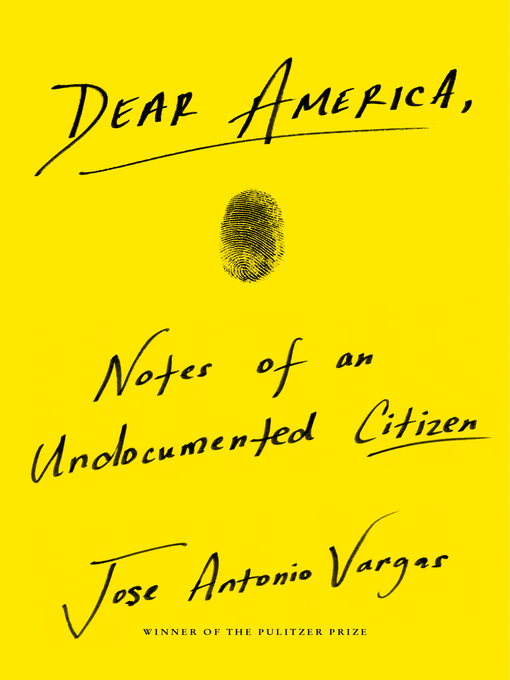 Dear AmericaJose Antonio Vargas |